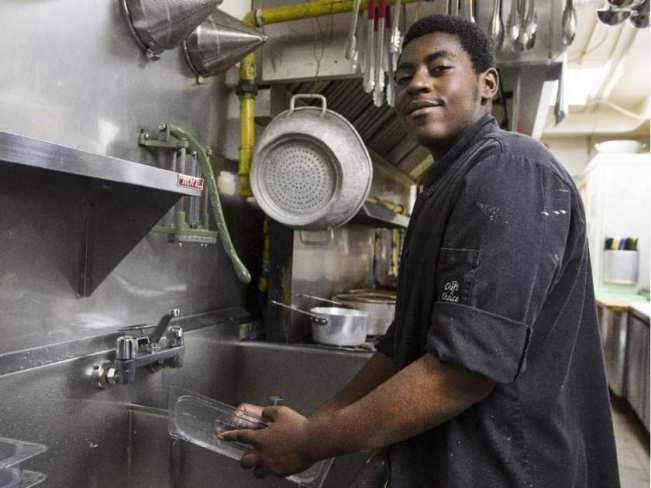With the various costs associated with higher education slowly rising in Botswana, working part-time while studying is a necessity for many students, be it to cover living and academic expenses or to just for the sake of getting hold of a bit of spending money.
Advantages:
- Obtain valuable work experiences, which are excellent for a resume.
- Learn how to effectively manage finances. Even if you are simply using your earnings to pay for your own expenses, you will learn to budget between clothes and movies.
- May provide networking possibilities and set you on a rewarding lifetime career path.
- Provide constructive use of free time. An after-school job can also provide adult supervision, especially if you work longer hours than those in a typical school day. Employment gives you less time to engage in risky behaviors.
- Gain useful, marketable skills such as improving their communication, learning how to handle people, developing interview skills and filling out job applications.
- Instill new confidence, sense of responsibility and independence.
Disadvantages:
There are also negative consequences of student employment that may outweigh the positive benefits, such as:
- Less time for homework. Working students may not have or make the time to complete their work.
- Higher rates of absenteeism and less school involvement. Employment may place constraints on the student’s study and sleep time. Fatigue or lack of preparation for the day’s academic activities may discourage the working teen from going to school and a job may take the place of extracurricular activities.
- Lower grades in school. Students who work more than 20 hours a week have grade point averages that are lower than other students who work 10 or less hours a week.
- More likely to use drugs and alcohol. Research suggests that substance abuse is higher for students who work 20 or more hours per week.
- Development of negative views of work itself. Early entry into a negative or harsh work environment may encourage negative views of work. This would depend greatly on the maturity level of the teenager and the type of job obtained.
- Increased stress. Balancing work and school can prove to be too much for any student.










